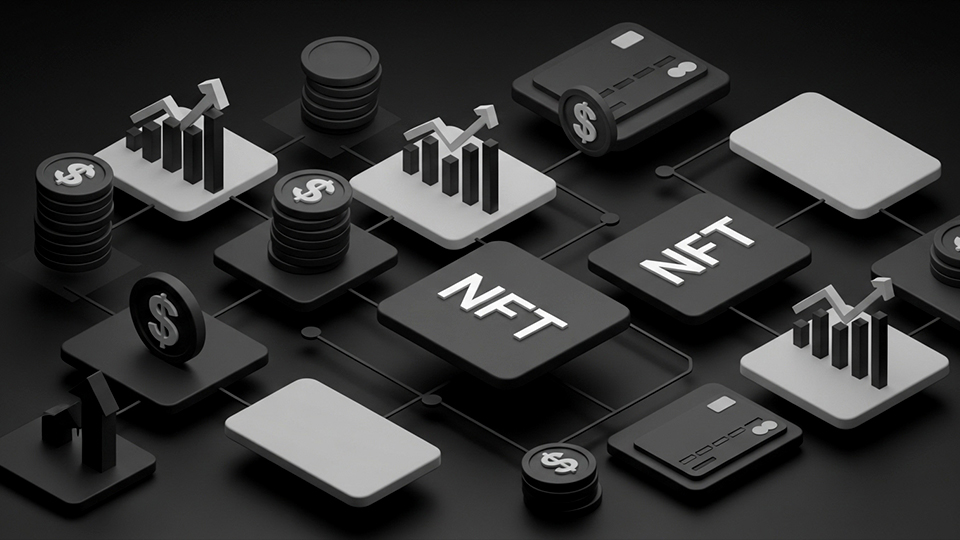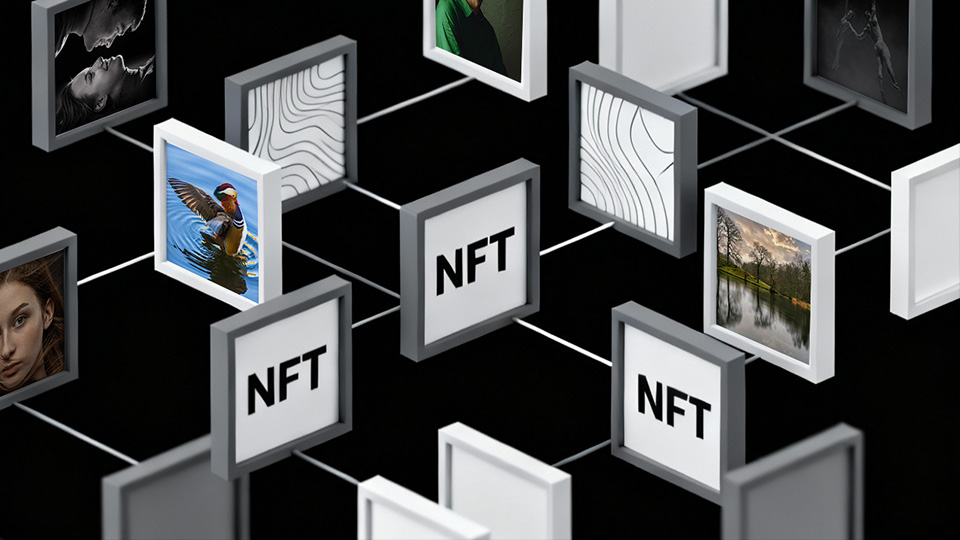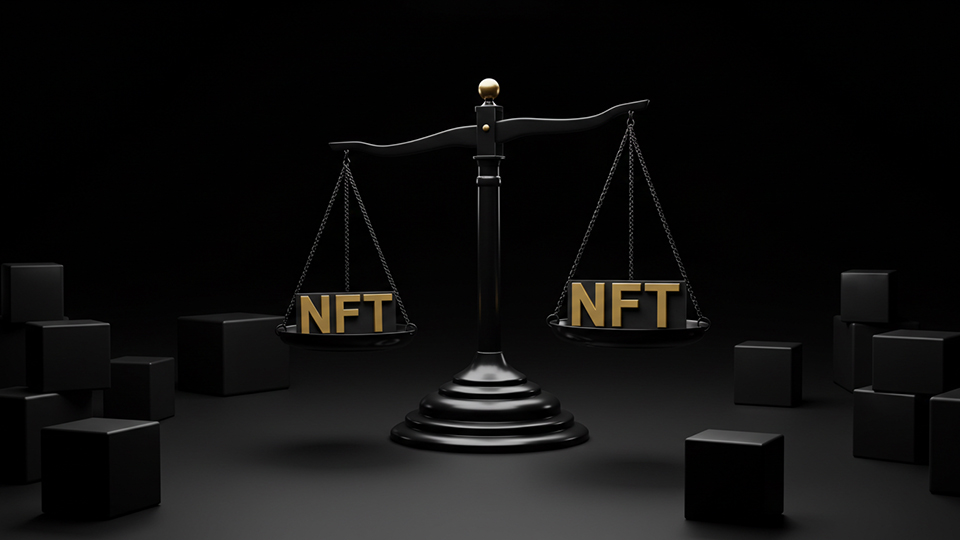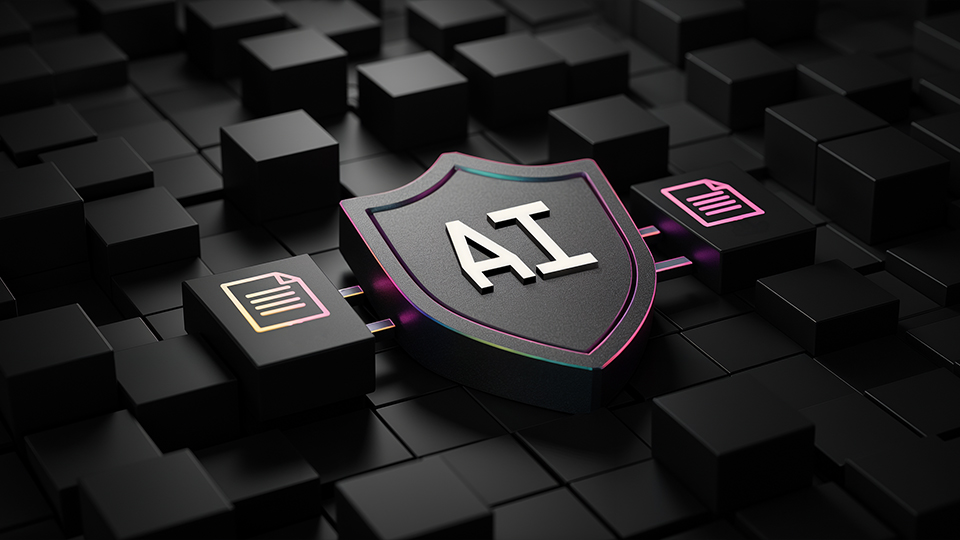Blog
News and insights from the Seed team
Updates, stories, and tips on everything in between—all in one place.

NFTs, once valued mainly for their creativity and rarity, are now being transformed into financial instruments. Through mechanisms like fractional ownership and NFT-backed loans, these digital assets can function like shares or collateral, turning art into liquidity. As institutional investors enter the space, markets are developing greater liquidity and standardized pricing, making NFTs part of broader investment strategies. This evolution bridges creativity with capital, offering new ways for both creators and investors to benefit and positioning NFTs as key components of future financial markets.
You might also enjoy
NFTs, once valued mainly for their creativity and rarity, are now being transformed into financial instruments. Through mechanisms like fractional ownership and NFT-backed loans, these digital assets can function like shares or collateral, turning art into liquidity. As institutional investors enter the space, markets are developing greater liquidity and standardized pricing, making NFTs part of broader investment strategies. This evolution bridges creativity with capital, offering new ways for both creators and investors to benefit and positioning NFTs as key components of future financial markets.
ChatGPT said:
Web3’s evolution has long focused on technology—blockchains, protocols, and tokenomics—while overlooking the human experience. True progress lies not just in code but in how easily people can use and trust it. Thoughtful UX design bridges the gap between complexity and accessibility, turning confusing processes like managing wallets or gas fees into intuitive, relatable interactions. By prioritizing empathy, clarity, and trust, designers can make decentralized systems approachable and empower users to participate confidently. The future of Web3 depends on transforming technical innovation into seamless, human-centered products that people genuinely enjoy using.
Technology is transforming the way we understand art, ownership, and creativity through the emergence of dynamic NFTs and composable media. Unlike traditional NFTs that remain fixed, dynamic NFTs evolve over time—responding to data, user interactions, or environmental changes—creating living digital assets that grow alongside their communities. Meanwhile, composable media enables creators and audiences to build upon one another’s work, fostering collaboration while maintaining transparency and credit on-chain. Together, these innovations are reshaping digital culture into a more interactive, participatory space where ownership means engagement and creativity becomes a shared, ever-evolving process.
Real estate tokenization is moving from theory to practice, making property investment more accessible, liquid, and transparent. By converting ownership rights into digital tokens, platforms like RealT, Landshare, and Brickken are already demonstrating how global investors can participate in fractional real estate ownership.
Luxury in Web3 is redefining exclusivity by merging traditional values of scarcity and provenance with blockchain technology, ensuring authenticity, verifiable ownership, and digital trust. Leading brands like LVMH, Prada, and Cartier are already embracing NFTs and blockchain to create digital twins, fight counterfeits, and provide transparent product histories, showing that luxury is no longer confined to physical goods. In this new era, a couture dress or rare watch may exist both in your wardrobe and in the metaverse, proving that rarity and prestige now thrive in both physical and digital worlds.
The rise of real-world asset (RWA) tokenization is reshaping finance, but compliance remains a major hurdle. Traditional token standards like ERC-20 were never built for regulatory oversight, making them unsuitable for regulated assets. Enter ERC-3643—an Ethereum-based standard designed with compliance at its core. Unlike open-transfer tokens, ERC-3643 integrates mechanisms such as identity verification, transfer restrictions, and KYC/AML checks directly into smart contracts. Its modular architecture separates identity, compliance rules, and token logic, offering flexibility for issuers while ensuring regulatory alignment. Already applied in real estate, private equity, and debt instruments, ERC-3643 provides the framework needed for compliant tokenization. As adoption grows, this standard is set to bridge blockchain innovation with traditional finance, paving the way for broader institutional use.
NFT royalties promised fair rewards for creators with every resale. Now, as many marketplaces drop them, the model is evolving with enforced collections, creator-focused platforms, and hybrid incentives. The core idea still matters: recognition and ongoing rewards for creativity.
In Web3, brand building isn’t about control—it’s about community, transparency, and shared value. As crypto-native projects redefine branding from the ground up, they’re proving that trust and authenticity matter more than ever. These agile newcomers treat users as stakeholders, not just customers, and reward participation through tokenized incentives. Their secret? They build with their communities, not for them. Traditional brands can learn from this shift by embracing openness, flexibility, and deeper user alignment. Because in Web3, the brand isn’t just a message—it’s a movement.
NFT Interoperability: Moving Digital Assets Across Chains in 2025
In 2025, as NFTs mature beyond their early hype, cross-chain interoperability is becoming essential. With ecosystems like Ethereum, Solana, and Avalanche hosting unique assets, creators and collectors face fragmented experiences. Interoperability — the ability for NFTs to move across blockchains — is solving this by enabling seamless transfers without recreating assets. Protocols like Wormhole and LayerZero are leading the charge, powering multi-chain marketplaces and redefining how digital ownership works. As security, standards, and user experience improve, NFT interoperability is set to unlock a truly connected and flexible digital economy.
Interoperability in Web3 is essential for the growth of Real-World Assets (RWAs) and NFTs, enabling seamless data and asset exchange across different blockchains. As projects like Polkadot, Cosmos, and Chainlink’s CCIP build cross-chain solutions, tokenized RWAs can move freely between platforms, increasing liquidity and utility. Likewise, NFTs become more versatile—usable across marketplaces, games, and metaverses—without being limited by individual chains. As Web3 adoption grows, interoperability will be a key driver of accessibility, innovation, and long-term scalability.
In an AI-driven world where vast amounts of personal data fuel machine learning systems, concerns over privacy, security, and user control are growing rapidly. Centralized data storage exposes sensitive information—like browsing habits, biometrics, and location data—to misuse, breaches, and unauthorized access. Blockchain technology offers a compelling solution by introducing a decentralized, transparent, and tamper-resistant framework for data management. With features like smart contracts, immutability, and user-controlled consent, blockchain can help individuals reclaim ownership of their digital identities while ensuring ethical data handling. As AI continues to expand, integrating blockchain could be key to building trust, protecting privacy, and empowering users in the digital age.
As cryptocurrencies become more embedded in mainstream finance, security challenges escalate. In 2025, the threats of hacks, scams, and rug pulls are more sophisticated than ever, targeting both individuals and institutions. This article explores the evolving risk landscape in crypto and outlines key protective measures—from smart contract audits and hardware wallets to regulatory compliance and decentralized identity solutions. Understanding and mitigating these risks is essential to building a safer, more resilient crypto ecosystem.
Load more










